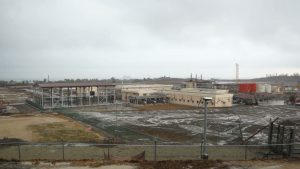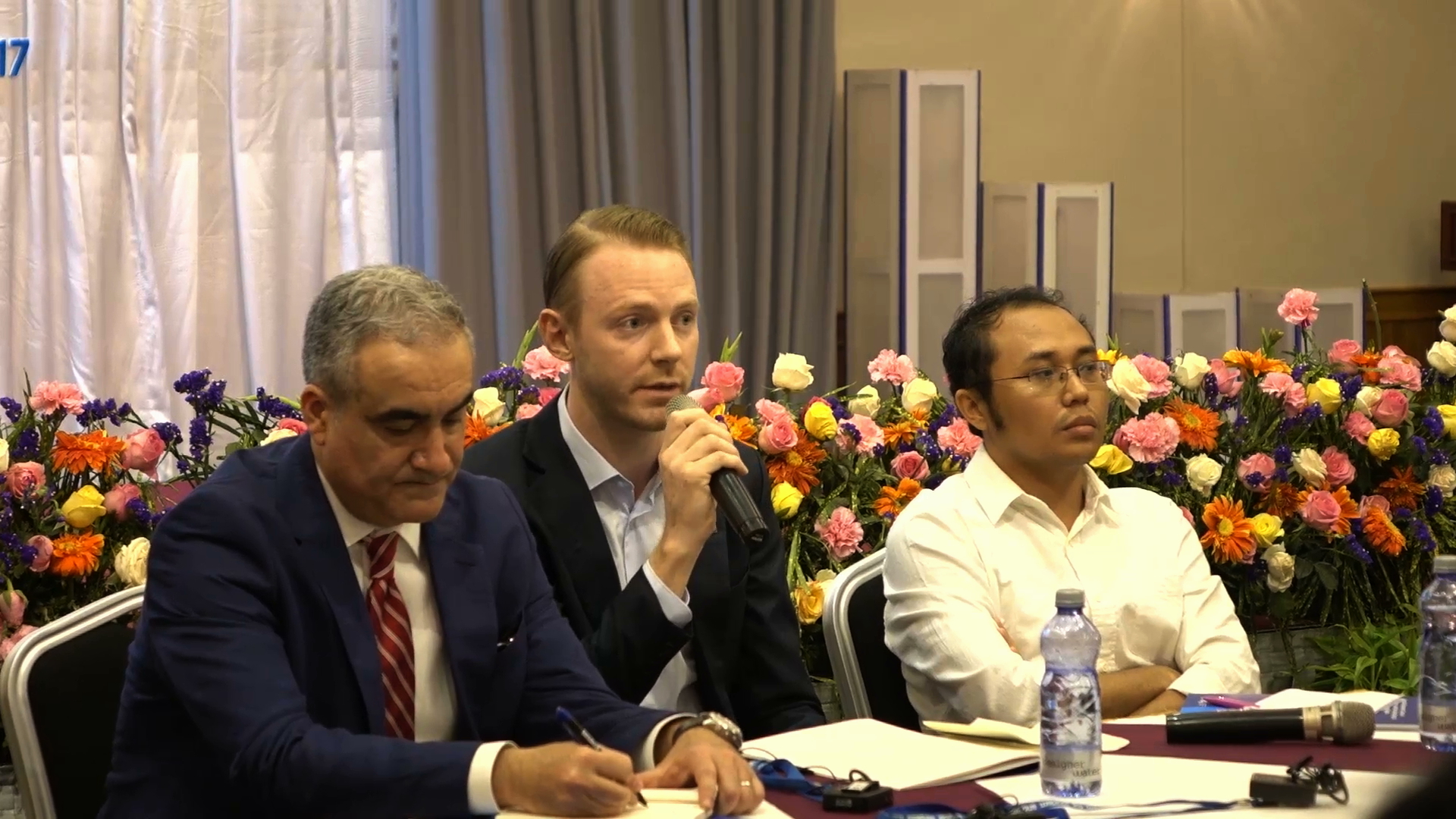An international legal association is calling for a moratorium on expansion work at Burma’s special economic zones (SEZs), a key component of the country’s development agenda.
At a press conference in Rangoon on Monday, the International Commission of Jurists cited a slew of human rights and environmental abuses at existing SEZs and an unclear guiding legal framework when presenting the recommendation as part of the “Special Economic Zones in Myanmar and the state duty to protect to protect human rights” report.
Further, the ICJ called for a blanket suspension on entering into new investment agreements until the 2014 Special Economic Zones Law and 2015 SEZ Rules are brought into alignment with both national legislation and international standards.
The Geneva-based legal advocacy body said that as the current legal framework stands, rights are inadequately protected and the application of environmental impact assessments and other preliminary regulatory policies have been implemented out of sequence.
The former Thein Sein administration announced in 2014 that Kyaukphyu, in Arakan State, would become the country’s third SEZ site, following on the heels of the Japan-backed project at Thilawa in Rangoon and a Thai-supported site in Dawei, Tenasserim Division.
The former government awarded tenders to the Chinese conglomerate CITIC, for development of both the SEZ itself and adjoining port infrastructure, envisioned as a trading hub connecting the ASEAN economies with regional giants China and India.
With development still in its infancy, the ICJ identified the Kyaukphyu project as a crucial opportunity for both the government and the investment community to learn from the foibles and mismanagement of the first two SEZ sites at Thilawa and Dawei — both of which have been criticised as prioritising the drive for profit over the welfare of the local population and workforce.
“The SEZ Law undermines the protection of human rights, and critical legal procedures are often poorly implemented, so the Kyaukphyu project risks repeating the rights violations that have been associated with SEZs in the past,” said Sam Zarifi, ICJ’s Asia director.
“The NLD-led [National League for Democracy] government can make a break from the past by ensuring economic development projects benefit Myanmar’s people, rather than rushing to facilitate projects which result in human rights violations and ultimately undermine sustainable development,” he added.
While intended as a driver of economic growth and development, the framework guiding SEZs in Burma has been considered murky and unwieldy. Sean Bain, lead author of the ICJ report released this week, said “there is no accountability when things go wrong.”
“Further human rights violations abuses could be avoided in Kyaukphyu by suspending the current land acquisition process and ensuring that the SEZ is developed and implemented in line with rule of law principles,” the report recommends.
[related]
In addition to human rights and environmental concerns, ICJ claims the Kyaukphyu SEZ’s compensation scheme is flawed.

Locals told ICJ that in a January 2016 meeting with CITIC representatives and members of a previous iterations of the SEZ management committee, they were informed that they would not be compensated for the acquisition of their land if claimants did not hold an official “Form 7” land title.
More than 50 laws apply to land use in Burma, compounding the uncertainty of legal opportunities for redress. Bain told DVB the 1894 Land Acquisition Act is seldom enforced at the local level.
“The 1894 Land Acquisition Act, while inconsistent with human rights standards, nonetheless establishes procedures for farmers to object to a land acquisition or seek more appropriate compensation,” he said. “In practice local authorities rarely follow this law, and the courts and farmland bodies lack independence, so generally people in Myanmar cannot access justice when their land is acquired unlawfully and without sufficient compensation.”
Some 50 percent of the affected population are customary landholders, without formal paperwork, indicating a significant stressor on many households facing displacement.
Speaking with DVB after the report’s release, Kyaukphyu SEZ Management Committee Chairman Dr. Soe Win declined to comment, saying only that the committee “acknowledges the report as research.”



